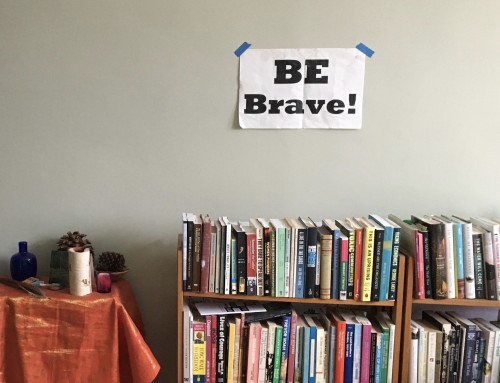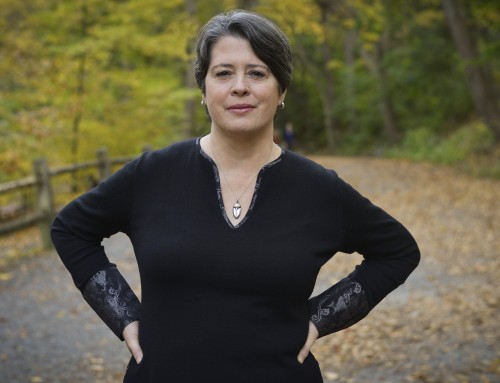On the long drive to Wisconsin for Thanksgiving, I read a book that made the time pass quickly: Outliers: The Story of Success by Malcolm Gladwell (author of Blink: The Power of Thinking Without Thinking
and The Tipping Point: How Little Things Can Make a Big Difference)
. For those who don’t know Gladwell’s work, he is a journalist who takes a big idea and then illustrates it with interesting stories. In the case of Outliers, the idea is that our assumptions about successful people are all wrong. Instead of asking what they are like (how brilliant they are or how hard they worked), we should ask where they are from. No one makes it alone, Gladwell argues. The successful are often smart and hardworking, but they were also the recipients of opportunity, sometimes because of when and where they were born, sometimes because of the values they inherited from their families or an exceptional school. “It is impossible for a hockey player, or Bill Joy, or Robert Oppenheimer, or any other outlier for that matter, to look down from their lofty perch and say with truthfulness, ‘I did this, all by myself,’” he concludes.
I found the anecdotes fascinating, from the reason why so many Korean air planes have crashed to the reason why the smartest man in American couldn’t get through college. But one of the things I appreciated the most was Gladwell’s emphasis on meaningful work:
If I offered you a choice between being an architect for $75,000 a year and working in a tollbooth every day for the rest of your life for $100,000 a year, which would you take? I’m guessing the former, because there is complexity, autonomy, and a relationship between effort and reward in doing creative work, and that’s worth more to most of us than money.
I’ve had a number of experiences recently that have affirmed my own decision to put meaning over profit in my career choices, though I wonder if Gladwell is right that most people would choose being an architect. I seem to know more than a few people who feel stuck in the equivalent of the tollbooth job, and once you have that six-figure income, it is hard to imagine how you could do with less. Harder still when the creative career you desire averages much less than $75,000 a year. Personally, I feel grateful that I lived at Pendle Hill during my transition from full-time job to writer. Not only did I have the support of a spiritual community that values following inner guidance, I had models of people living simply so they wouldn’t need the big salary. They provided a different picture of success, being able to support oneself with meaningful work, which seems to be Gladwell’s implied definition, despite his references to people like Bill Gates.
At its heart, Outliers poses a challenge that goes beyond our individual career decisions. Gladwell asks how many more people might be successful if we expanded opportunity by, say, making every school an excellent school. It’s a good question and makes one think about how we want to measure whether our country is a success.




I’m pretty much a lurker on your blog but just wanted to make a comment on this post…
I have to laugh because as I started to read this post the comment that came into my mind was “yeah, but, why do we always have to say someone is successful when they earn a lot of money”. Then I continued to read and lo and behold that was the point you were trying to make! I am raising three kids (16, 14 and 12 years old) and I often ask myself what I should tell them about how to live their lives. On the one hand they will need to pay the rent and on the other hand they should be happy and good people. Then with my other two imaginary hands I have to weigh how much I should influence them and how much I should let them make their own decisions. The older I get the more I realize that everything I do and say influences who they are. Sometimes that is good and sometimes that is bad. I sometimes find it kind of scarey. I guess I got kind of sidetracked but my point was basically in agreement with you, success is not just based on how rich you become (or how famous).
Thanks, Elise. Gladwell talks a lot about how children are influenced by their parents, not so much because parents can tell them what to do with their lives, but because styles of parenting influence whether children develop a sense of possibilities and the skills to pursue what they want.